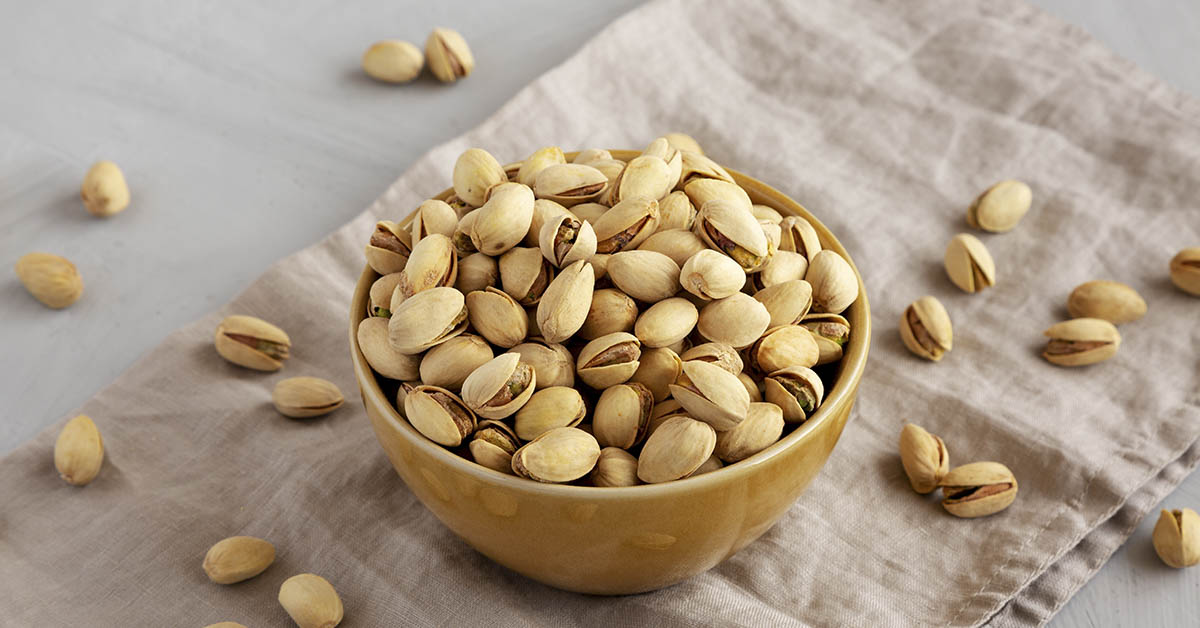Around one out of every three adults in the United States is affected by prediabetes. Yet, effective diet-based interventions are currently few and far between. In studies, pistachios have been shown to improve the markers that determine a quality diet. However, not much is known about how they affect the gut microbiome, which plays an important role in regulating glucose and inflammation. A new study, though, has shed more light on this subject. Let’s find out more about how pistachios can improve the gut health of people living with prediabetes.
The Study on the Bedtime Consumption of Pistachios
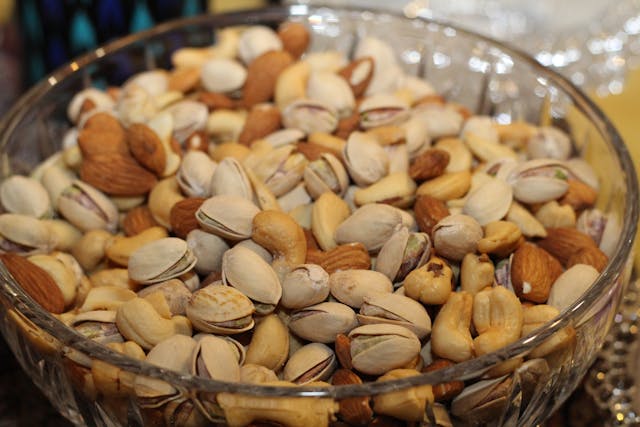
The new study on the effects of pistachio consumption on prediabetes was led by an associate professor of nutritional sciences at Penn State, Kristina Petersen. The findings of the study were published in the Current Developments in Nutrition journal. The study revealed that eating pistachios before going to bed affects the gut bacteria of adults who have been diagnosed with prediabetes. These findings could prove beneficial for those who are trying to improve their metabolic health. At the moment, though, the possible therapeutic implications have not been fully explored and remain unclear.
How the Study was Conducted
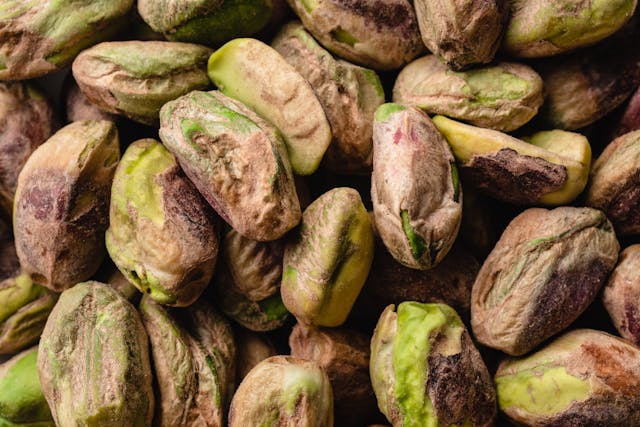
For the study, the team observed 51 prediabetic adults over two 12-week periods. These two periods were separated by a small break, so that the effects of the first half did not affect the last half. All of the participants received both treatments by the end of the study. The team then used 16S rRNA gene sequencing to subsequently analyze the participants’ stool samples. This would allow the team to identify bacteria based on their genetic makeup.
The Effect of Pistachios on the Gut Microbiome
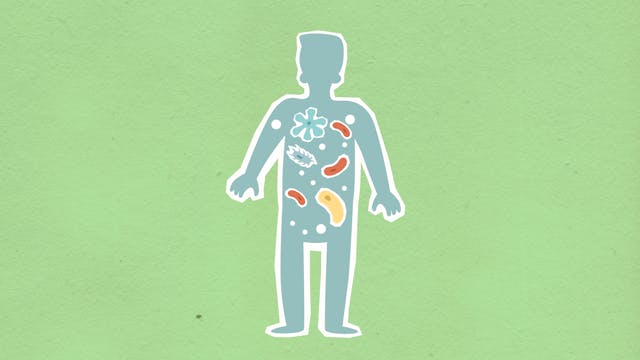
The team suggests that people with prediabetes substitute their usual carb-based bedtime snack with pistachios, thereby reshaping their gut microbiome. The team had previously shown that pistachios have a similar effect as 15 to 30 grams of carbs on blood glucose. According to the lead author of the study, Terrence Riley, “A common dietary recommendation for individuals with prediabetes is to consume a nighttime snack consisting of 15 to 30 grams of carbohydrates to help regulate overnight and morning blood glucose levels. As an example, you could eat one or two slices of whole-grain bread.”
Comparison to a Carb-Based Snack

For the study, participants were required to consume around two ounces of pistachios every night before bedtime for 12 weeks. The researchers found that this resulted in considerably different stool microbial community profiles compared to the participants who ate the suggested 15 to 30 grams of a carb-based snack. Those who ate pistachios every night were found to have more abundant numbers of good bacteria, such as Roseburia and members of the Lachnospiraceae bacterial group families. These bacteria are known to produce beneficial short-chain fatty acids such as butyrate.
Long-Term Health Benefits

Butyrate is a primary energy source for colon cells. It helps the body by supporting various anti-inflammatory processes and maintaining the gut barrier. According to Petersen, “Pistachios seem to be able to meaningfully shift the gut microbial landscape in adults with prediabetes, especially when consumed as a nighttime snack. These microbiome changes may offer other long-term health benefits – potentially helping to slow the development of Type 2 diabetes or to reduce systemic inflammation – which we hope to explore in future research.”
Reduction of Several Bacterial Groups
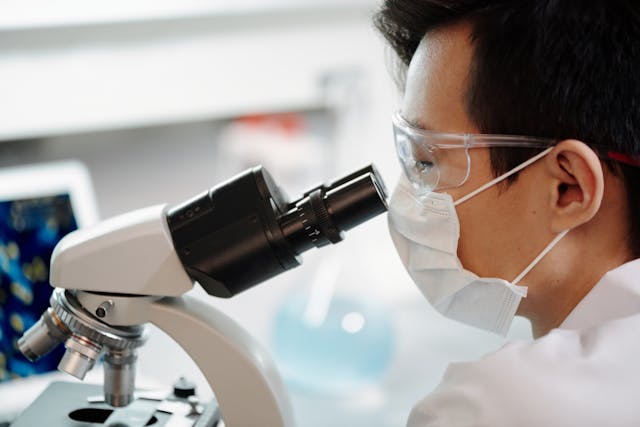
The researchers also found that those who ate pistachios exhibited a reduction in several bacterial groups that have been associated with undesirable outcomes. One of these is a bacterium that produces compounds which build up in the blood, causing damage to the heart and kidneys, called Blautia hydrogenotrophica. Additionally, Petersen noted that “Levels of Eubacterium flavonifractor, which breaks down beneficial antioxidant compounds from foods like pistachios, also decreased.”
The Strengths of a Randomized Crossover Clinical Trial

According to Petersen, the study’s strength is the specific design that was used, namely a randomized crossover clinical trial. In this type of trial, all of the participants end up receiving both treatments in a randomized order. This helped them gain a better understanding of how specific foods influence our gut microbiomes. Further research will be required to learn more, though. This current study managed to demonstrate the changes in gut bacteria after eating pistachios. However, it still remains unknown whether these gut biome changes directly result in health improvements.
The Bottom Line
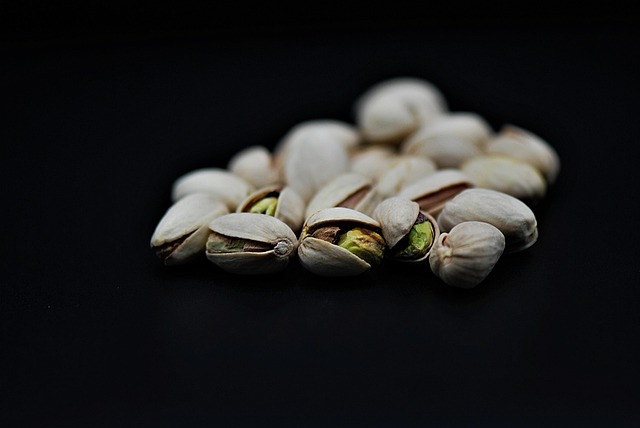
For adults with prediabetes, improving your gut health may be as simple as replacing your carb-based snack with pistachios. This recent study has shown that eating 2 ounces before bed changes the gut microbiome, leading to more beneficial bacteria. It also resulted in less undesirable groups. These changes could potentially help support inflammation control and metabolic health over time. However, eating pistachios is just part of adopting a healthier diet and should not be considered a cure for prediabetes. Consider swapping your usual bedtime snack for pistachios and see how it benefits you.
Read More: Fuel Your Best Years: What to Eat for Energy and Health After 60
